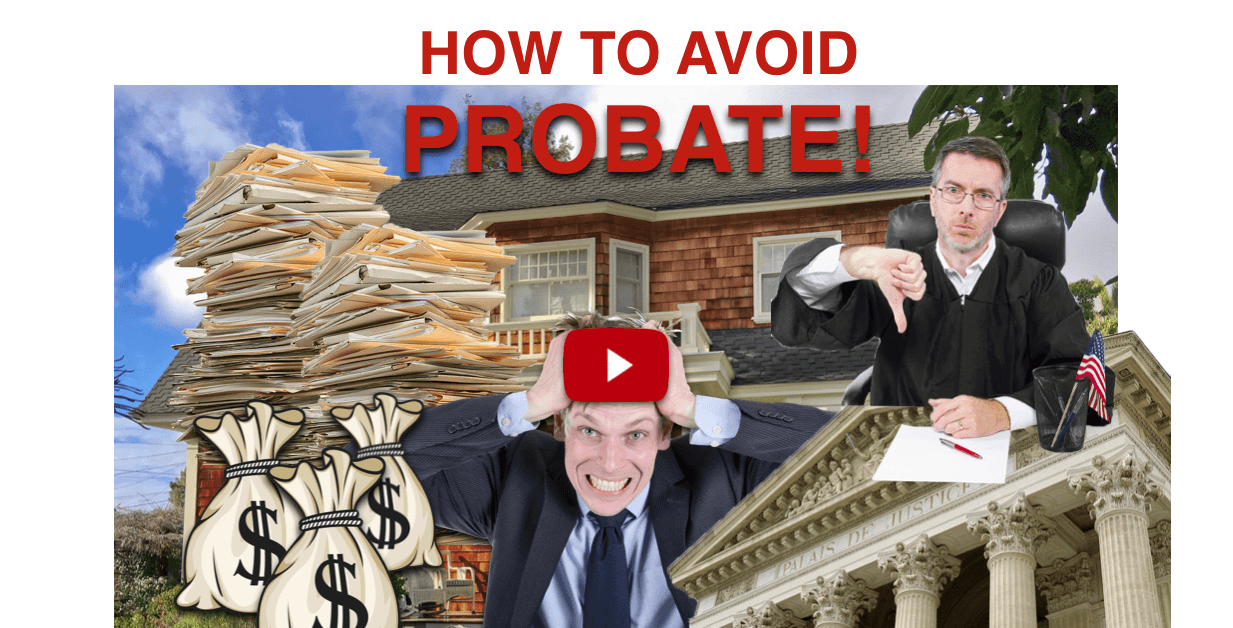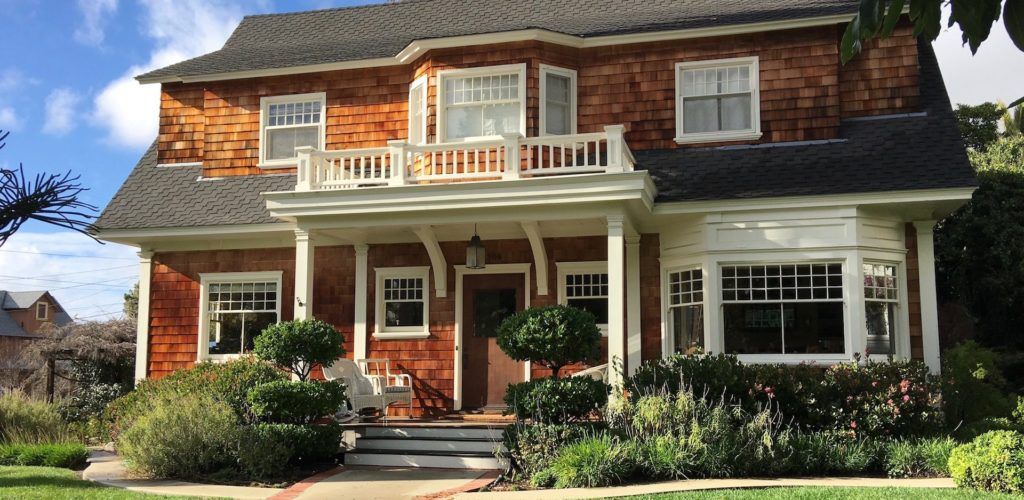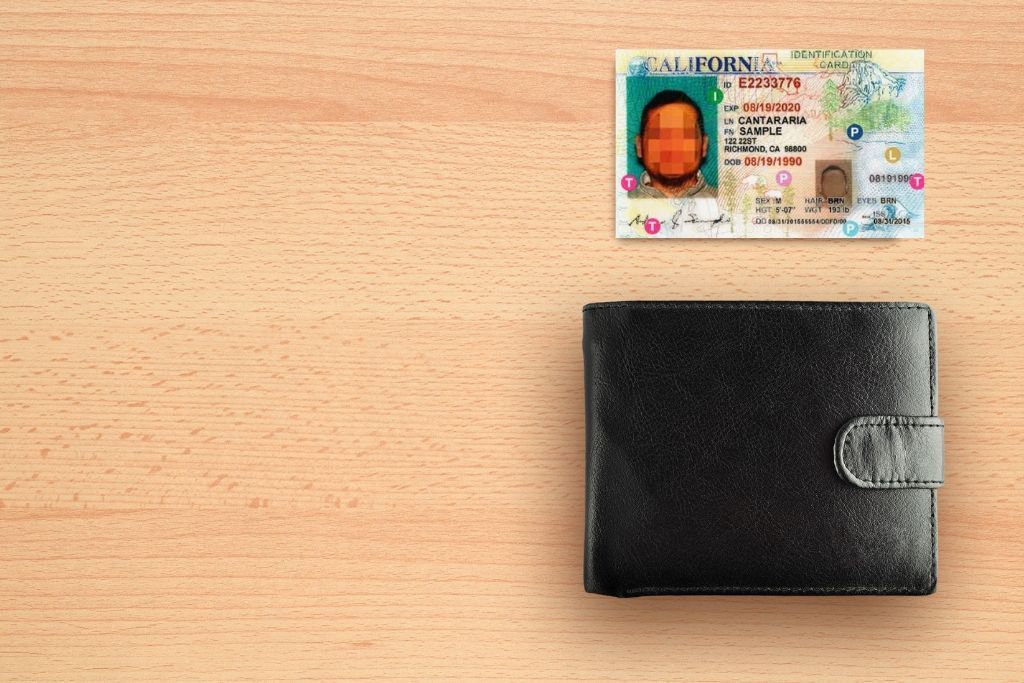
Is a Last Will and Testament Necessary?
May 13, 2017
What is Probate
July 27, 2017.
Is a Living Trust Right for You?
When planning for your future, most likely you are also thinking about how you can pass on your family legacy to your children and your grandchildren. This article gives you a few reasons why a trust may protect your legacy and make sure it passes to your loved ones and any charitable organizations that you want to support. One of the biggest drains on your estate is probate. Probate is a formal court proceeding that is both costly and time-consuming. If your property is not protected either through a Living Trust or with named beneficiaries. Following are a few reasons why a Revocable Living Trust may be right for you.
I. PERSONAL GOALS
- KIDS — If you want to leave your estate to your kids to enjoy for their lifetime
Having a properly funded trust — meaning your real and personal property, including your home and other property valued over $150,000 (as of date of death) will be protected from probate. Thus, your family may enjoy their inheritance immediately, rather than waiting for the long probate process, which ties up property for up to two years in court before your family can enjoy their inherited property. - LIFE ESTATE — If you want to create a life estate for your spouse or long-time partner
Example. The deceased husband inherited the family home where he and his second wife (or long-time girlfriend) enjoyed living. He may provide she stay in the home until she remarries, moves to another location, or up until her death. When she no longer lives in the home, it will revert back to his children or back to his family. - SPECIAL CIRCUMSTANCES — Needy parents, siblings or friends
If you don’t have a Living Trust, your assets will be distributed to your spouse, if you are married, your children or other heirs based on the laws of succession. However, if you have needy parents or siblings with an illness or special needs, you can name them in your trust to receive specific assets or certain amounts of cash that they may not receive from your estate if your estate goes through a formal probate proceeding, where a judge decides who should rightfully receive your property.
II. THE SIZE OF YOUR ESTATE.
The bigger your estate, the bigger the potential probate cost and the less likely it will qualify for simplified probate proceedings (up to $150,000). It makes sense to ensure that major assets, such as real estate or business, are owned in a way that will avoid probate.
- The size of your estate will dictate the potential for costs of probate, including:
– ATTORNEY’S FEES
– APPRAISAL COSTS
– COURT COSTS
– REAL ESTATE COSTS - The size of your estate will determine the gross value at date of death, which determines the cost of probate:
– CABIN OR VACATION HOME
– BOAT/PLANE/MOTORHOME
– LARGE BANK ACCOUNTS
– INVESTMENTS with no named benes
– RETIREMENT: ROTH IRA; IRA, REIT
– BUSINESS ASSETS
III. THE TYPE OF PROPERTY YOU OWN.
You don’t need a trust to avoid probate for assets like bank accounts, retirement, and other types of property, such as:
- POD (pay-on-death) accounts
- TOD (transfer-on-death) deeds
- TOD registration for vehicles
- Retirement plans such as 401(k)s, IRAs
- Life insurance – subject to probate only if beneficiary is named as your “Estate”
- Transfer of property by JTWROS (joint tenancy with right of survivorship); community property
But, the surviving beneficiary on any of the above must survive you to avoid probate!
NAMING BENEFICIARIES
You don’t need a trust to avoid probate for assets with beneficiaries (aka benes), BUT…beware. There are some risks:
- It’s a good idea to review your named beneficiaries on an annual basis to make sure they are still the ones you want to receive your funds.
- Naming a bene who dies before you or when the policy is paid will be probated. If there are no living benes at the time of your death, then depending on the value of the property, it may be probated.
- Finally, if you have the option to mark a box for “Trust” under the beneficiary section on your investment application. then check the box so that your trustee may distribute this fund through your trust. However, if there is only a box for “Estate,” DO NOT check that box because this investment will not be protected from probate and the funds may need to be probated, depending upon the value as of the date of your death.
IN SUMMARY…
Based on the above, consider having a trust prepared to avoid probate. Your real estate assets that are not vested in your trust at the time of your death may result in probate, depending upon the value as of the date of your death. Probating your estate may cost thousands of dollars that could have gone to your heirs to benefit their lives. This money could be for higher education or buying a home or taking care of health concerns. So, when you ask yourself “do I need a living trust?” consider your family and the consequences of not having a living trust.
If you know you need a living trust and are ready to get started, give us a call at (805) 439-0715 for a complimentary 30 minute appointment. We can help you by providing the affordable legal documents to get you on your way to protecting your full estate.







